Year 7 Pastoral Guardian
Colleen Goodin

Year 7 Pastoral Guardian
Colleen Goodin
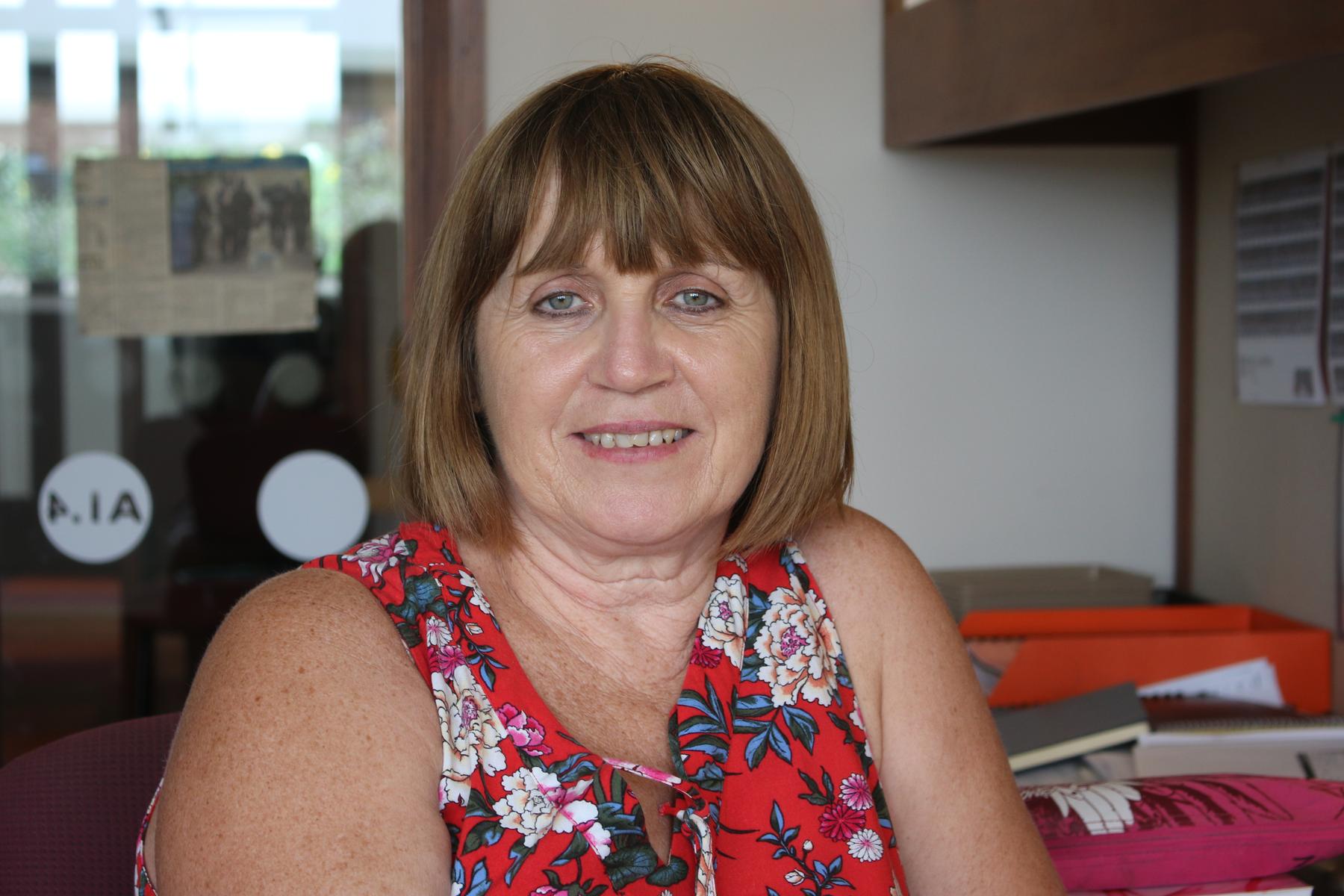

We are heading into the assessment part of the term, and it is essential that your child works on their time management skills to ensure they have adequate time to complete their assignments. There is only one exam this term, being Maths, and this takes place on Thursday 9 June in Period 1/2. This means that all the other subjects will have assignments that need to be carefully planned out according to their due dates.
You will have received two emails this week regarding evets that are coming up for the Year 7 cohort. The first event is on Friday 3 June where we have been invited to a shared lunch with the Year 7 Padua students. We will be walking across to Padua, having lunch, and participating in some lawn bowls, led by the Padua and Mt A school Captains. Please click on the link in Igloo and approve the event.
The second email is concerning camp that is taking place in the second week of next term – the 20 – 22 July. You need to follow the link and complete the forms. This needs to be completed by June 20 as we need to have things organised before the holidays. The students are looking forward to this adventure and it will be a wonderful opportunity to meet new people and form some new friendships.
The brain is a fascinating part of our anatomy and, if we can understand how the teenage brain is working, it may lead to less conflict between parent and child, especially as we head into an 8-week break. In the teenage years, a person’s brain undergoes a huge change as the grey matter is pruned out and brain connections become more specialised and efficient. Unfortunately for parents, this development starts from the back and moves forward, meaning the brain is not fully developed until the teenager reaches their mid-twenties. The pre-frontal cortex, located at the front of the brain, is the part of the brain responsible for reasoning, impulse control, working memory, and rational decision making. While the prefrontal cortex is developing, adolescents rely on other parts of the brain to make decisions, such as the amygdala, which is associated with emotion, impulse, instinct, and aggression. The limbic system also plays a key role; it is responsible for reward-seeking behaviour and motivating teens to seek out the social approval of their peers. They are prey to their impulses and emotions and the quest for social approval. It is a time when they are prone to making risky and dangerous decisions when they are carried away in the moment.
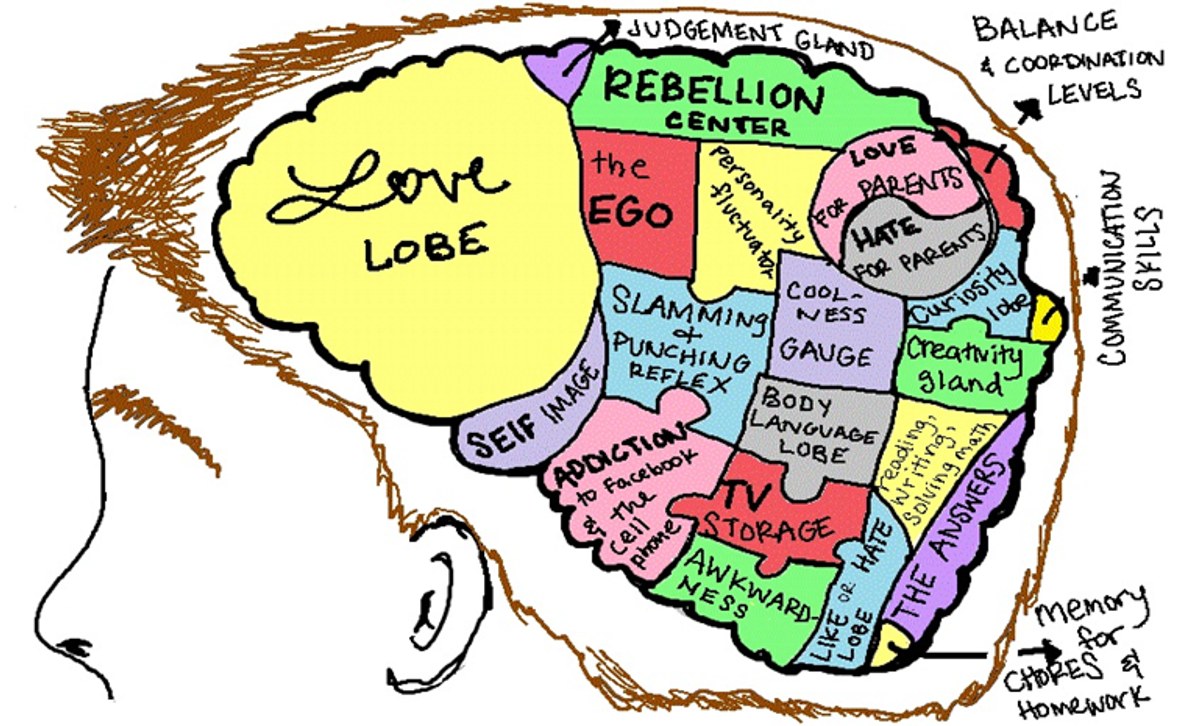

There are ways you, as a parent, can help your teenager through this stage. You can:
It is sometimes a relief to know there is a reason our teenagers are acting in the way they do and there are strategies we can put into place to help them through this stage. The SchoolTV platform has many resources that you are able to access in relation to ‘Understanding Adolescence’ that you may find helpful.
Understanding Adolescence | Mount Alvernia College (schooltv.me)
SPECIAL REPORT: Managing Overwhelm | Mount Alvernia College (schooltv.me)
Please contact me if you have any concerns regarding your child’s educational wellbeing.
Year 7 Leader Badge Ceremony
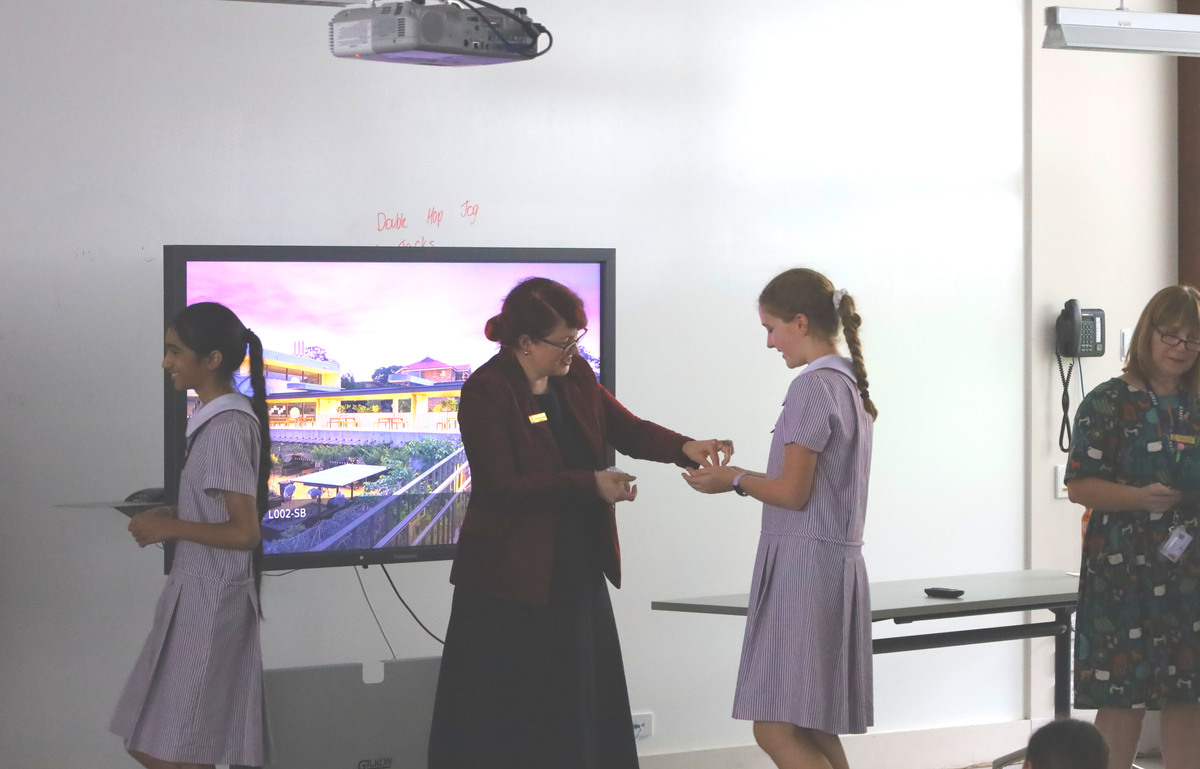
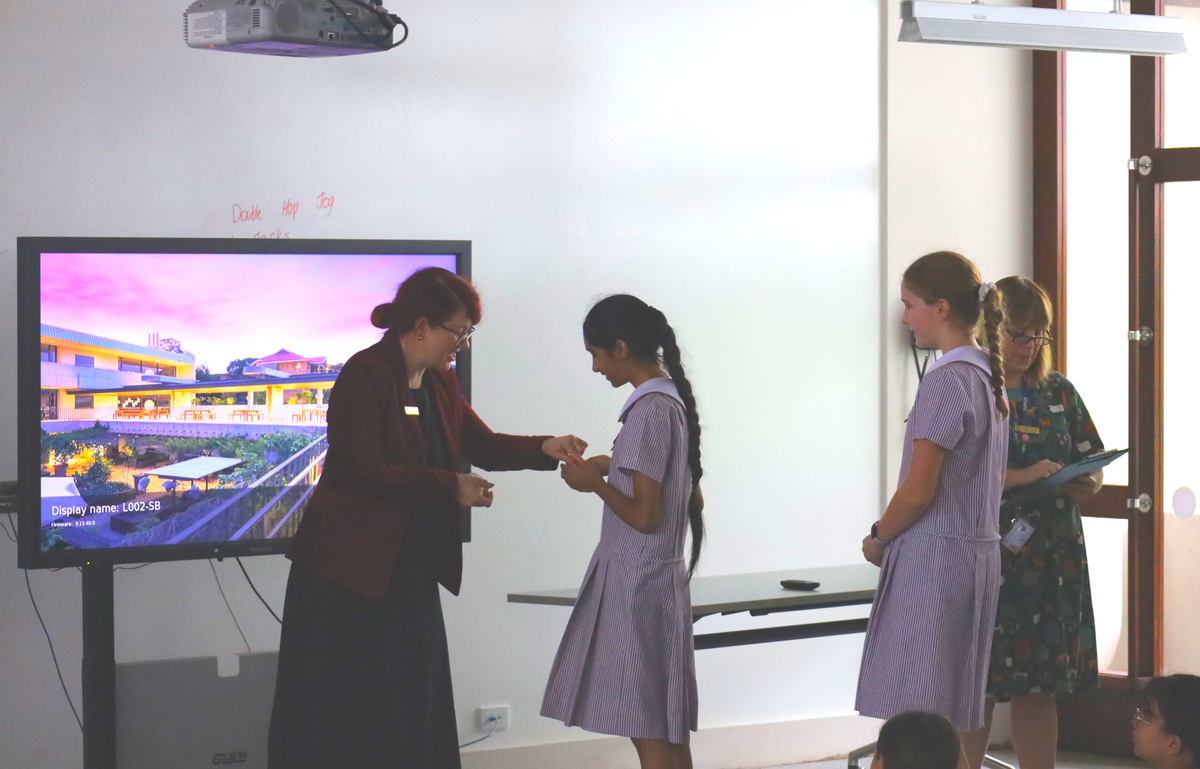
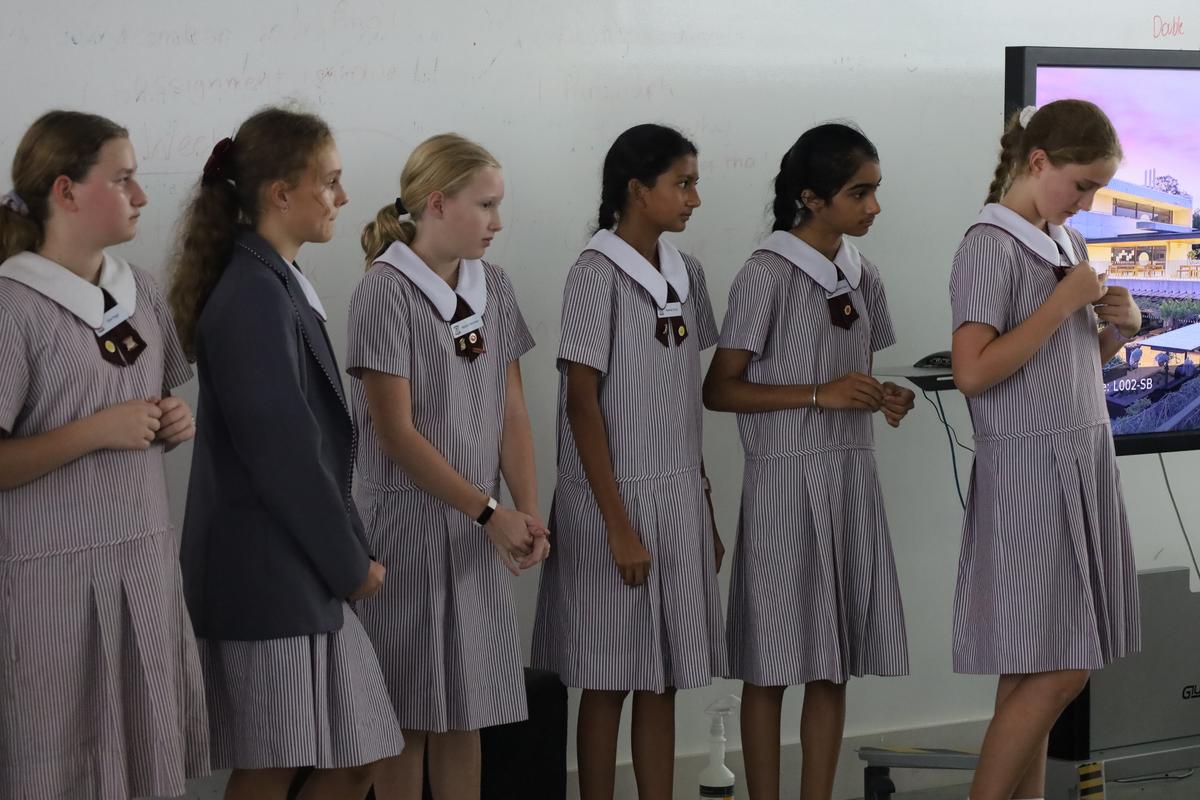
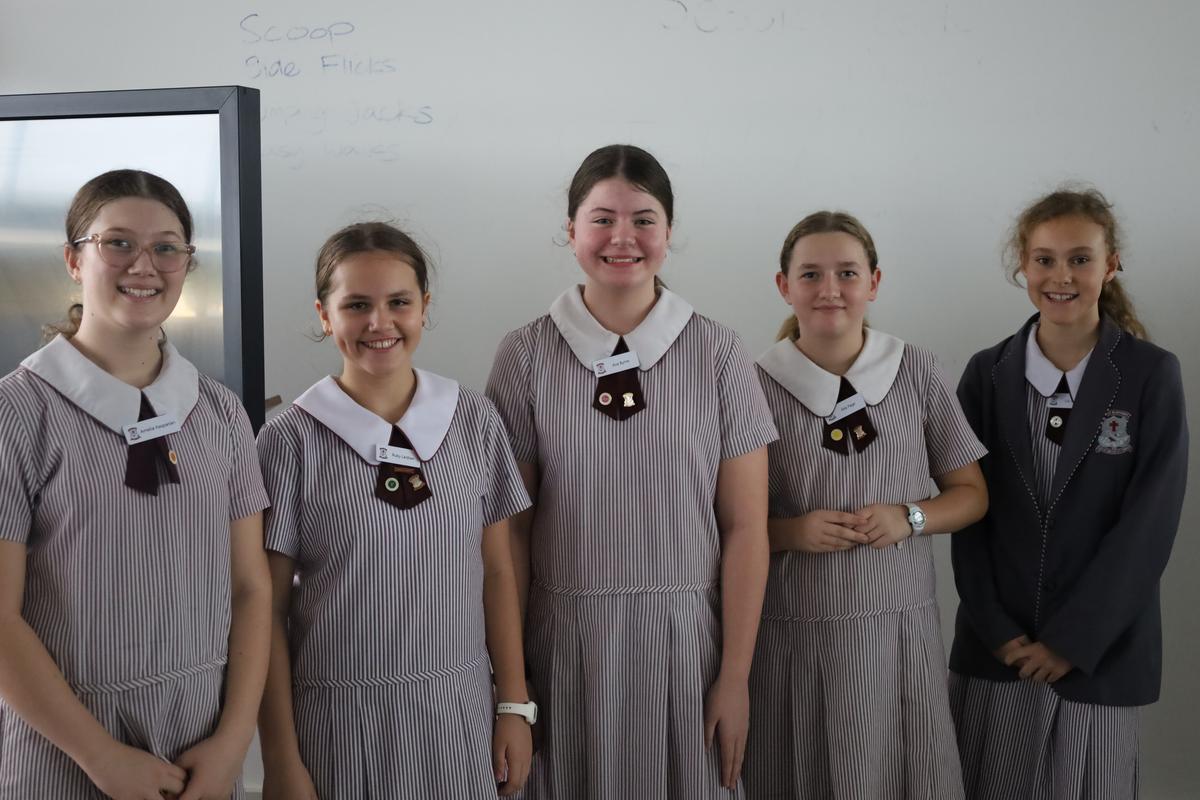
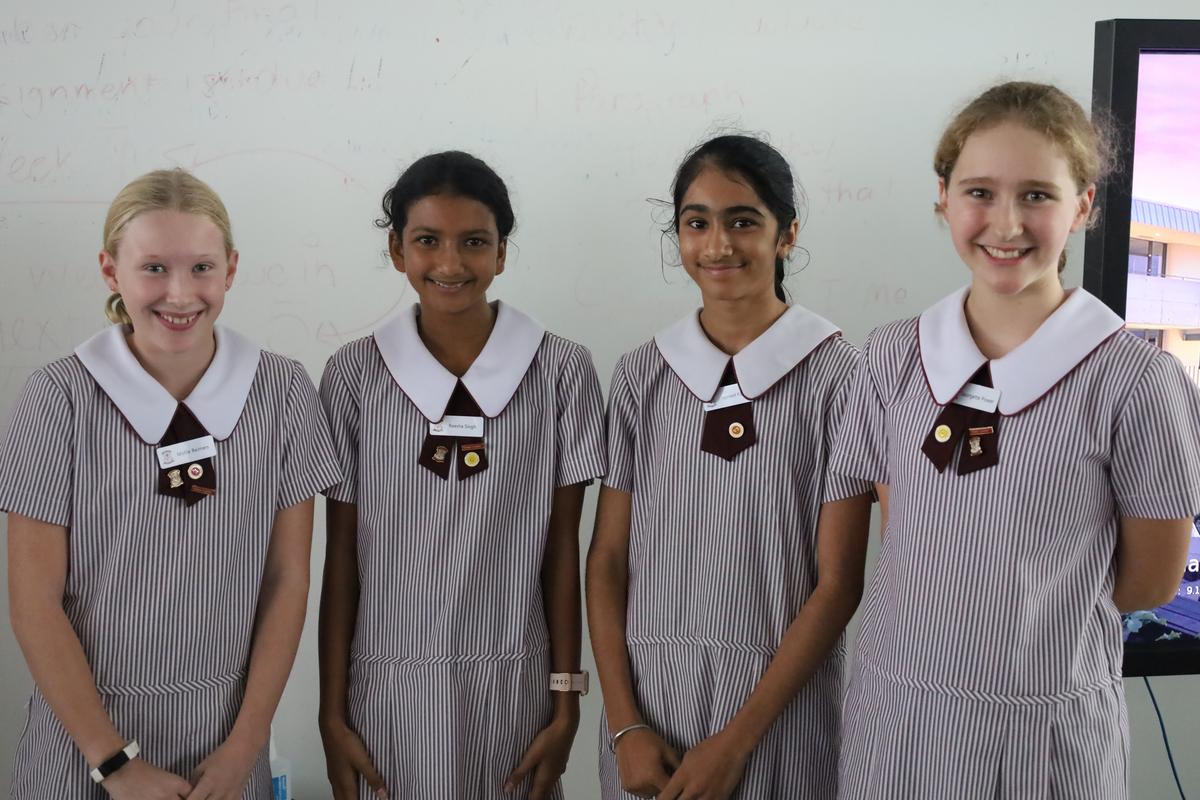





Colleen Goodin
Year 7 Pastoral Guardian